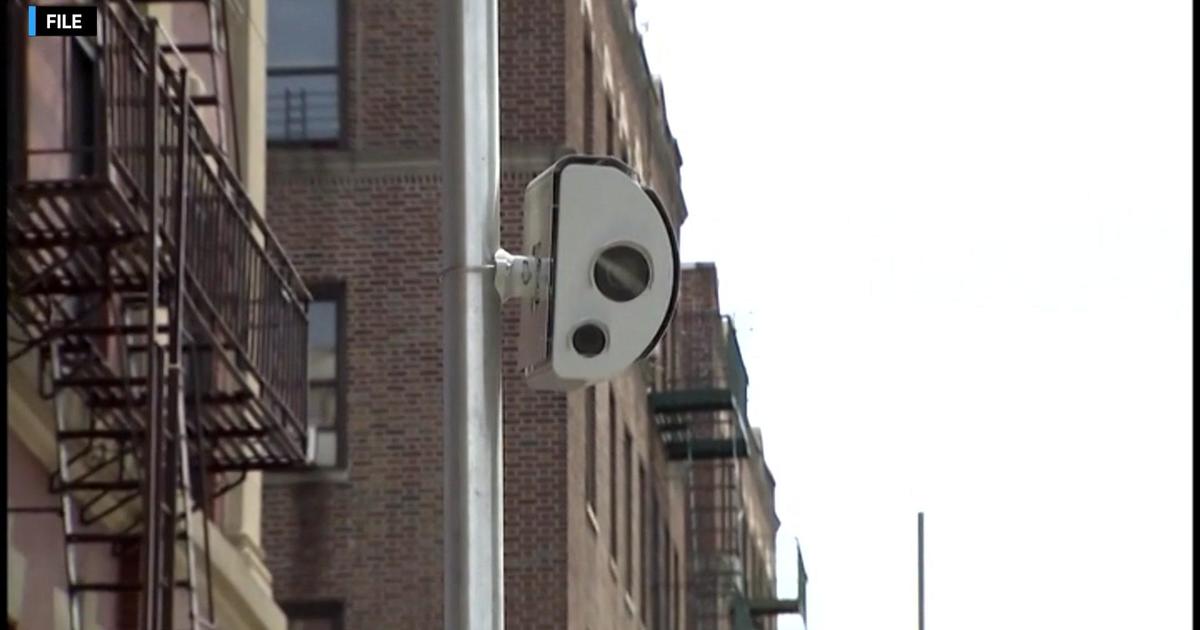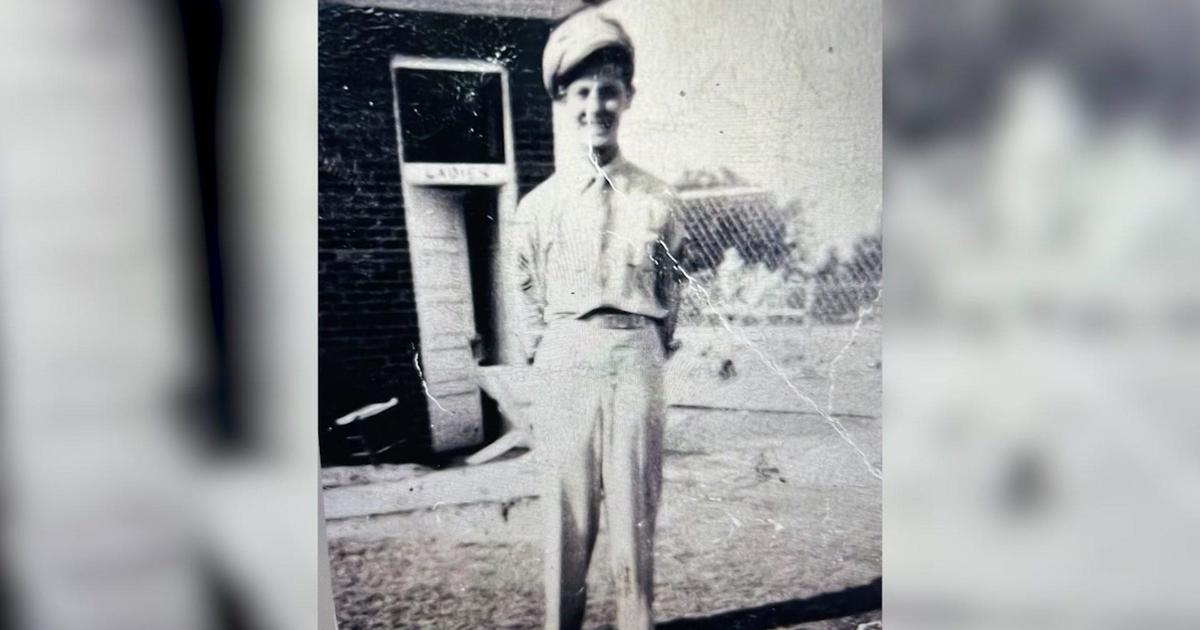Conn. Gov. Malloy's Approach To Budget Mess Is Unique
HARTFORD, Conn. (AP) - While other governors are waging tense battles with state employees, proposing deep spending cuts and taking no-tax-increase pledges to cover their budget shortfalls, Connecticut Gov. Dannel P. Malloy - whose wealthy state faces the largest per capita deficit in the nation - is taking a different tack.
The state's first Democratic governor in two decades, Malloy is unapologetic about proposing a budget that raises taxes on everything from personal income to haircuts. And while he's calling for $2 billion in savings and labor concessions over two years from state employees, Malloy acknowledges he doesn't want to carry through on a threat to lay off thousands if a deal can't be reached.
Malloy also admits he's "not one of those people who dislikes government," a defiant political statement these days given the national tea party movement and demands for major cuts in government spending.
"I think we're a very different state. I think our people want different things and I'm trying to find the right match of cuts, consolidations and revenue, and that's what I'm trying to do," Malloy told The Associated Press during an interview in his Capitol office. "We need a Connecticut approach that works for Connecticut."
Malloy kicks off a seven-week town meeting tour Monday in Bridgeport. He plans to pitch his budget to voters and explain the state's fiscal condition.
In Wisconsin, there have been massive public protests and legislative boycotts since Republican Gov. Scott Walker called for eliminating collective bargaining rights for public employees and sharp increases in the workers' health care and pension payments. Arizona Republican Gov. Jan Brewer is ending a special Medicaid program that covers about 250,000 childless adults. Neighboring New York Gov. Andrew Cuomo, a Democrat, has sworn off tax increases and called for a cap on property taxes. New Jersey Gov. Chris Christie, a Republican whose style Malloy has called "bombastic," wants to end cost of living increases to state retirees.
Dean Pagani, managing editor of Governors Journal, a Washington-based website that tracks the activities of governors, said Malloy stands apart from many other governors because he's embracing the idea that it's going to take a combination of higher taxes, spending cuts and union givebacks to cover the state's deficit.
"He's different in the sense that he is not putting all the blame for the pickle the state is in on government," said Pagani, a chief of staff for former Connecticut Gov. John G. Rowland, a Republican. "He believes there is a certain level of government that people need and require, and if you're going to require that kind of government as a taxpayer you're going to have to pay your fair share."
On Wednesday, Malloy unveiled a two-year, $40 billion budget. In the first year, it calls for raising taxes by $1.5 billion, includes $758 million in spending reductions and $1 billion in union savings.
Malloy has made a point of ending some of the budget gimmicks of the past. For example, his proposal does not borrow money for operating expenses. It fully funds annual pension payments and uses new accounting standards.
Malloy is not alone in proposing raising taxes. Minnesota Gov. Mark Dayton proposed hiking income taxes on top earners as the centerpiece of his fix for the state's $6.2 billion budget shortfall.
So far, reaction has been mixed to Malloy's call for the "shared sacrifice" that's needed to dig the state out of its deep deficit hole of about $3.5 billion for the fiscal year starting July 1. While some union leaders have called for higher taxes on the wealthy, the minority Republicans in the legislature argue Malloy has not cut enough spending and turned too quickly to raising taxes.
"They're taxing everything," complained Liz Fallon, a Milford resident who works in marketing in public relations. "It's just too much at once."
Brendan O'Connor, a railroad conductor from Milford, said he's thinking about leaving the state.
"If the taxes go up much higher, I'll move out," he said. "I just can't do it. Everything is so expensive here. I don't know how the average family makes it."
But others are more understanding about the challenges facing Malloy. Wendy McMurtry, an artist from Colchester who watched Malloy's televised budget address, said she believes he's doing the right thing by spreading the pain.
"What choice does he have with the problems that we're in? We're so in debt," she said. "It should be evenly distributed like he is doing. You look at other states and they're laying off police from police forces."
Malloy said Connecticut is different from other states facing fiscal problems. Its budget deficit is bigger, per capita. There is no county government to provide services. And he said the state's 169 towns _ including some of the country's poorest cities _ are already too reliant on property taxes. As the former mayor of Stamford, he is adamant about not shifting the state's burden to the cities and towns by cutting back on state aid, and has held back from making massive reductions.
"What can you really cut in Connecticut in state government,'' asked Malloy. "We could do what Arizona is doing and cut back Medicaid. So we'll tell people that a life-saving kidney transplant, we're not going to pay for? Do you think the people in Connecticut would do that? I don't. I'm too proud of the people of Connecticut. I know them too well to think that they would allow someone to die of a curable disease. I don't see that."
(Copyright 2011 by The Associated Press. All Rights Reserved.)



